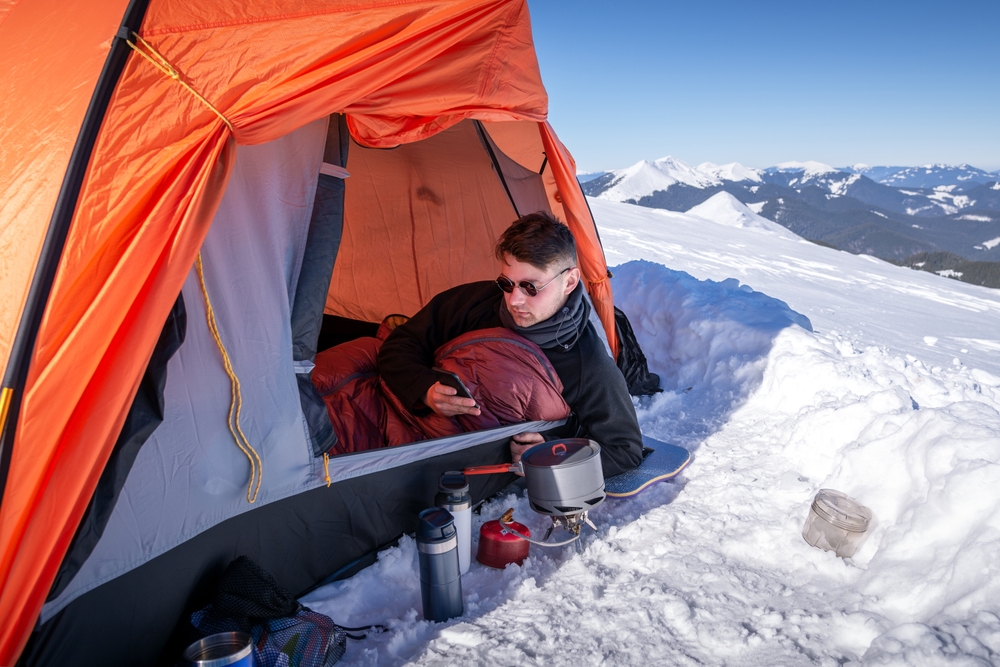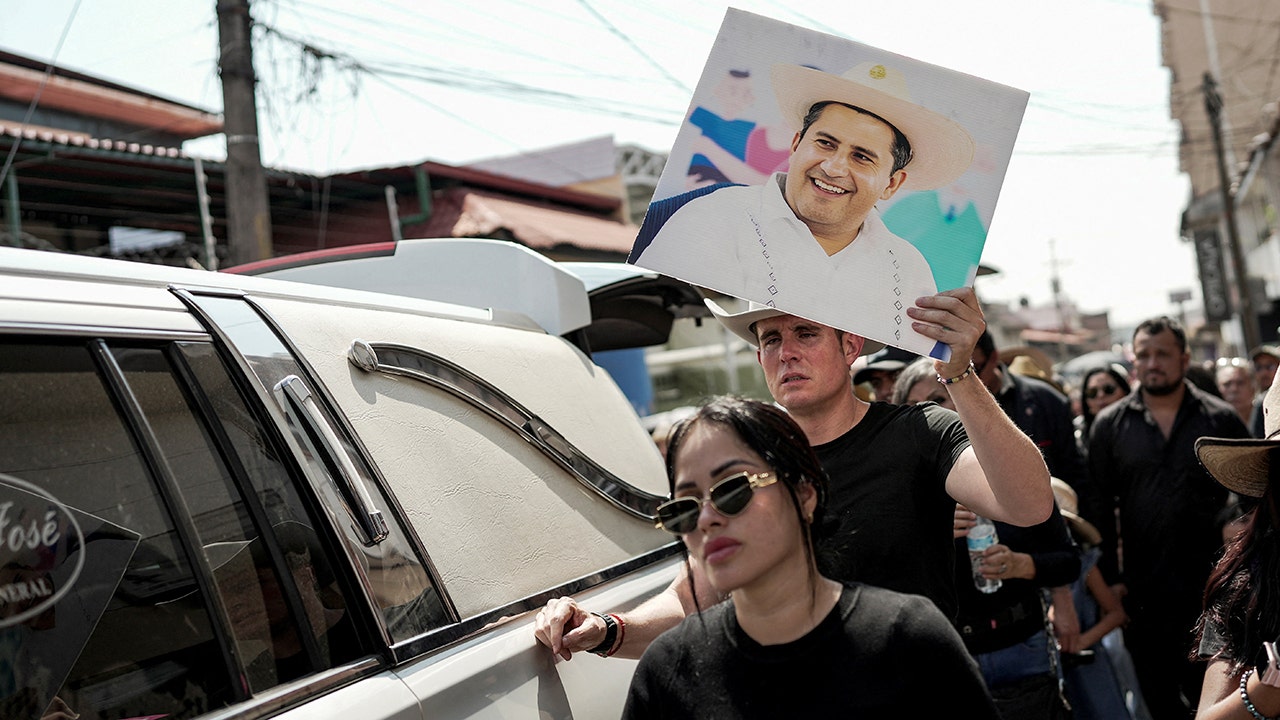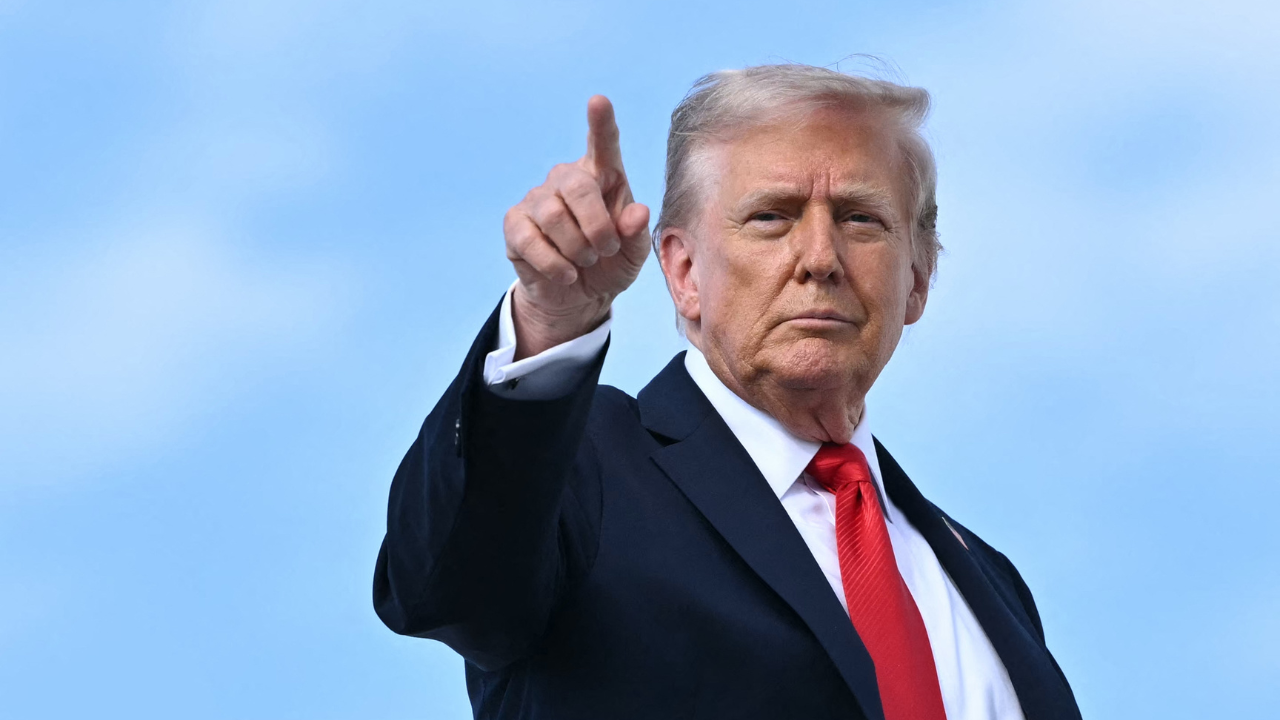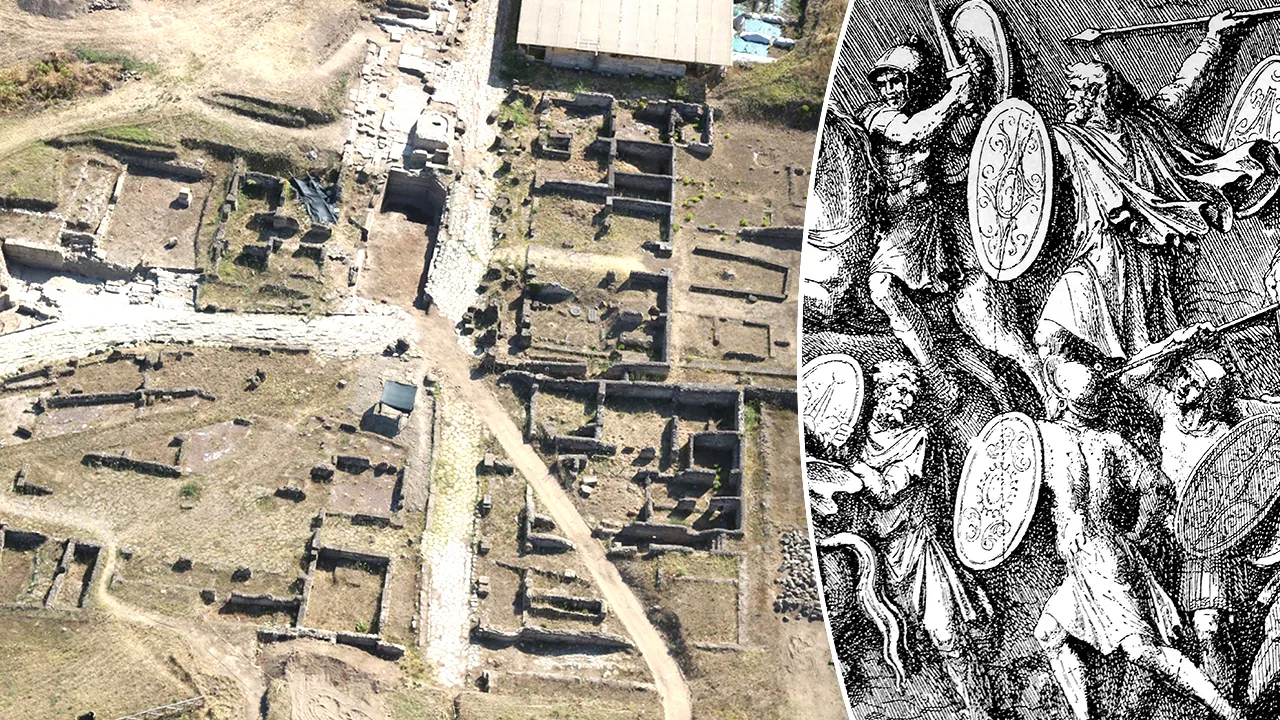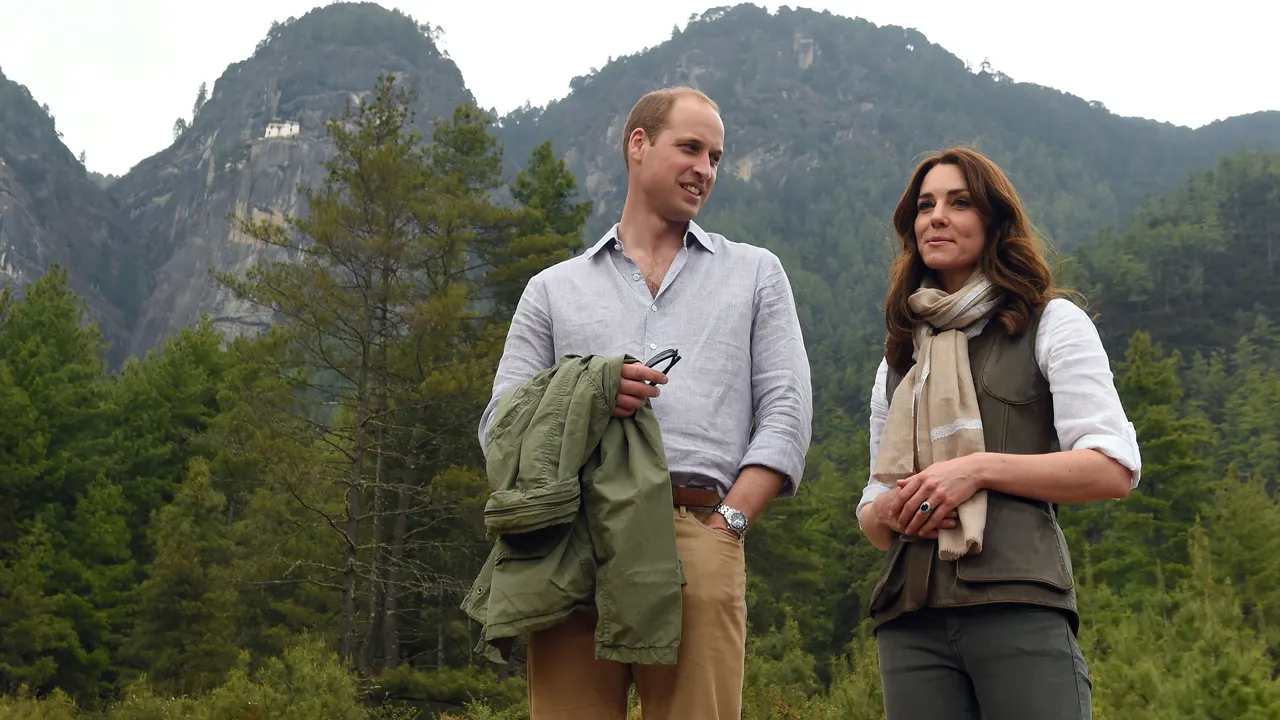As an enterprising and hard-working journalist, Salena Zito drives her Jeep a lot. Just not on interstates. It isn’t that she’s avoiding speeding maniacs—you can find them on any Pittsburgh street—but she loves to see the local color and variety one can spy on pre-1950s U.S. highways.
This tells us something essential about Zito’s worldview: that she’s acutely conscious of place, as she compellingly demonstrates throughout this powerful and often charming book. On July 13, 2024, Zito was in Butler, Pa., to interview Republican presidential candidate Donald Trump right after an outdoor rally at the county Farm Show Complex. When Trump narrowly avoided death as a gunman’s bullet nipped his right ear, Zito was just feet away. A memorable Associated Press photograph shows her splayed out face-down on the ground, easily identifiable to friends and fans by her signature tricolor cowboy boots.
But the following day was almost equally unforgettable. “Good morning, Salena! It’s Donald Trump. I wanted to see if you and your daughter Shannon and Michael are okay. And I wanted to apologize that we weren’t able to do the interview.” Zito was stunned; her photojournalist daughter and son-in-law had been introduced to Trump just before the rally, too.
“All due respect, Mr. President, but are you fucking kidding me? You’ve just been shot; I was only near you.” Trump had uncharacteristically turned his head just before the bullet arrived, and he remembered that: “If I had done things the way I always do, the way I planned to, that bullet would have struck between both ears, not just whacking one ear.”
But one of gunman Thomas Crooks’s eight shots killed local firefighter Corey Comperatore, who had been seated with his family in the adjacent grandstand, and that death troubled Trump at least as much as his own narrow escape. “He called me seven more times that day, each call lasting around ten minutes,” Zito astonishingly recounts. “God. The hand of God,” Trump told her. “I cannot dismiss that God has been with me.” But Comperatore’s death “haunted him—that was a bullet meant for him,” Zito reflects. “Someone died because they supported him,” and “the person who died could have been him.”
Yet Zito’s book is about far more than the July 13 shooting and its aftermath, and the title is intended to signify that explanatory breadth. “Butler matters because it represents so much more than Butler,” she emphasizes. “I often write about ‘place’ in politics because place matters,” Zito explains. “What is ‘place’? Rootedness.”
I’ve lived in Pittsburgh for 14 years now, but only in reading Butler do I understand for the very first time why Western Pennsylvania natives identify themselves in the ways they often do, such as emphasizing where they went to high school. I’ve always thought it strange that local journalists’ bios at the bottom of a story tell us, for example, that Joe is “a graduate of Greensburg Salem High School and Point Park,” a Pittsburgh university. But Zito elucidates a truth I’ve been too clueless to grasp, namely “why never leaving one’s hometown is not viewed as a bad thing and instead is honored as an achievement by family and peers.”
Citing U.S. Census data, Zito highlights how “seven out of ten people in Pennsylvania live within just a few miles of where they grew up.” The most important cultural dimension, Zito persuasively argues, is the difference “between the ‘placed’ and the ‘placeless.’ In short, people who are rooted in their places versus people who are essentially nomads.” The placeds’ “lack of mobility … is purposeful,” and they focus on “how things will affect their neighborhood, town, or city.” In stark contrast, “placeless people … share no affinity for rootedness to their hometowns.”
More than once, this pre-Pittsburgh nomad has heard someone in a local bar or brewery recount how on Friday nights they reconnect with high school friends, on Saturdays with college buddies, and on Sundays with family members. This nomad’s never been back to his childhood hometown, is no longer in contact with anyone from high school, and exchanges an occasional email with only two college classmates. In contrast, I can navigate every walkable major U.S. city and most European ones without needing a map.
Zito convincingly stresses how the present-day U.S. press corps mirrors me, not native Pennsylvanians. “Our current reporters in the national media do not understand the people who live in Butler” and “don’t know people like those who attend” Trump’s energetic rallies. “Voters in places like Butler are the people who decide elections”—last November, Trump won 65 percent of the county’s votes—yet most journalists “don’t know how to cover these voters because they don’t know anyone like them in their own social circles.” Those reporters don’t understand “the importance of place” because they are imbued with “a worldview that comes from a lack of rootedness.”
No one should dismiss Zito as a partisan just because Trump calls her “my Salena” or because she has a warm relationship with Pennsylvania Republican senator Dave McCormick. While Butler also features winsome treatment of Vice President J.D. Vance, who held 17 campaign rallies in Pennsylvania, even more striking is Zito’s portrayal of Democratic Pennsylvania governor Josh Shapiro. The day after Trump’s near assassination, “Shapiro spent the morning walking the grounds at the Farm Show Complex, talking with people who work there.” He also called Comperatore’s family to speak with them about the husband and father they had just lost, and “they gave him permission to talk about Corey to reporters,” which resulted in one of the most moving statements you’ll ever see an elected official deliver.
If there’s “breaking news” in Butler, I think it’s Zito’s repeated assertion that while Shapiro was interviewed for the Democratic vice presidential nomination before Kamala Harris made the mistake of choosing Minnesota governor Tim Walz, “Shapiro didn’t want the job.” This may be based on reportorial intuition rather than any “deep background” knowledge. “I’ve known him for decades,” Zito writes, and “this is a guy who is no one’s second,” she understandably declares. “It was clear, at least to me, that he did not want the job” and conveyed as much during his meeting with Harris.
On Oct. 5, 2024, Trump returned to the Butler Farm Show Complex for another outdoor rally. Up in the grandstand hung Comperatore’s “Buffalo Township firefighter’s jacket and helmet,” right where he had been killed. “The imagery was gut wrenching,” Zito observes.
Butler rightly says little about would-be assassin Crooks, but Zito stresses how large his local gun range seems to have loomed in his life. Crooks “spent most holidays at the club, practicing and practicing,” including even Christmas day, plus the afternoon of July 12, 2024. “We are too isolated—parents and kids have their heads down in phones and games,” she observes; perhaps for Crooks, a rifle filled a similar role, but the obsession with devices “is a step forward every day to losing our humanity.”
Almost half a century ago now I can remember my 23-year-old’s excitement at meeting storied reporters Johnny Apple and David Broder, much like encountering once-famous baseball players like Frank Howard and Minnie Minoso. Nowadays, without question, Zito stands in the same league with a Broder or a Dan Balz, for no other journalist has done a better job of reporting and explaining the rise of “the conservative populist coalition.”
As Butler so impressively recounts, “the voters’ values haven’t changed, but the parties have,” and the result is a partisan realignment that may linger for years to come. “Republicans are now the party of working-class Americans, and Democrats are the party of the elites.”
Butler: The Untold Story of the Near Assassination of Donald Trump and the Fight for America’s Heartland
by Salena Zito
Center Street, 242 pp., $29
David J. Garrow’s books include the Pulitzer Prize-winning Martin Luther King Jr. biography Bearing the Cross and Rising Star: The Making of Barack Obama.
Read the full article here

